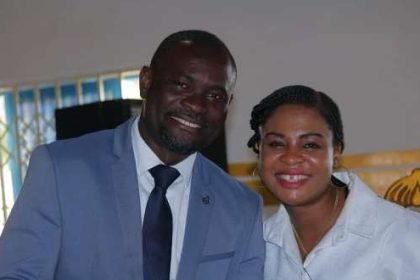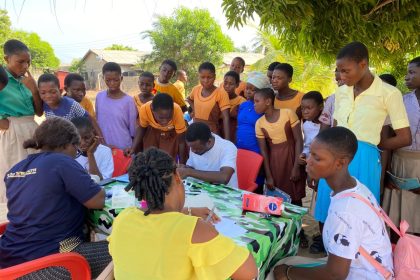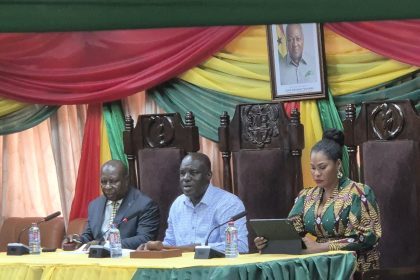The Climate Parliament has called for the establishment of a special fund and capacity-building support for Members of Parliament (MPs) to enable them to undertake green energy projects in their constituencies.
The network of legislators said such support would contribute significantly to bridging Ghana’s energy gap and accelerate the country’s transition to renewable energy.
At a national workshop on Green Energy Zones and Investment held in Accra, leaders of the Climate Parliament said empowering MPs to implement constituency-level renewable energy initiatives would promote sustainable industrialisation, job creation, and climate resilience across the country.
Mr Yaw Frimpong Addo, Chairman of the Environment, Science and Technology Committee of Parliament and Chairman of the Climate Parliament, said the proposed initiative would make MPs active agents in Ghana’s green energy transition.
“The green energy is the new phenomenon now, so you need to establish green zones in the various parts of your country. In Ghana, because Members of Parliament represent constituencies, each member will be tasked to establish a green zone,” he said.
Mr Addo said such zones would focus on renewable energy applications in local industries, particularly solar energy for small-scale enterprises and manufacturing hubs.
“For example, you can have a zone like the Suame Magazine area, where everybody will use green energy, solar energy. We are here to look at how we can have funding for such a venture so that we can mobilise resources to support MPs in our various constituencies to establish these green zones,” he added.
Mr Addo called for the creation of a revolving fund dedicated to financing green energy projects spearheaded by MPs.
He said the fund would help overcome initial financing challenges and encourage the establishment of renewable energy systems across constituencies.
“When the fund is created and becomes a revolving fund, a lot of people will take advantage, and more of such green zones will be established within the constituencies for job creation and manufacturing,” Mr Addo said.
Dr Emmanuel Marfo, Climate Parliament Director for West and Central Africa, said the workshop aimed to strengthen collaboration between MPs, financial institutions, and renewable energy developers to expand Ghana’s renewable energy landscape.
“It is also to build the capacity of MPs on climate finance and provide opportunities for a discussion to look out for possible projects that can be undertaken,” he added
Dr Marfo said the Climate Parliament was developing a “toolkit on climate finance” to guide MPs in identifying potential funding sources and partnerships for green projects.
“Once the Members of Parliament are exposed to the financial opportunities in the green space, they will be able to know where and where to go,” he said.
The Climate Parliament is an international cross-party network of legislators working to accelerate the global transition to renewable energy and tackle climate change. The organisation partners with parliaments, governments, and development agencies to strengthen legislative advocacy, attract green investment, and promote low-carbon growth.
The Accra workshop formed part of the Climate Parliament’s Green Energy Zones Programme, which encourages countries to designate geographic zones dedicated to renewable energy production and sustainable industry.
The programme also seeks to align parliamentary action with national renewable energy targets and international climate commitments.
Ghana aims to increase the share of renewable energy (excluding hydropower) in its generation mix to 10 per cent by 2030.
GNA






